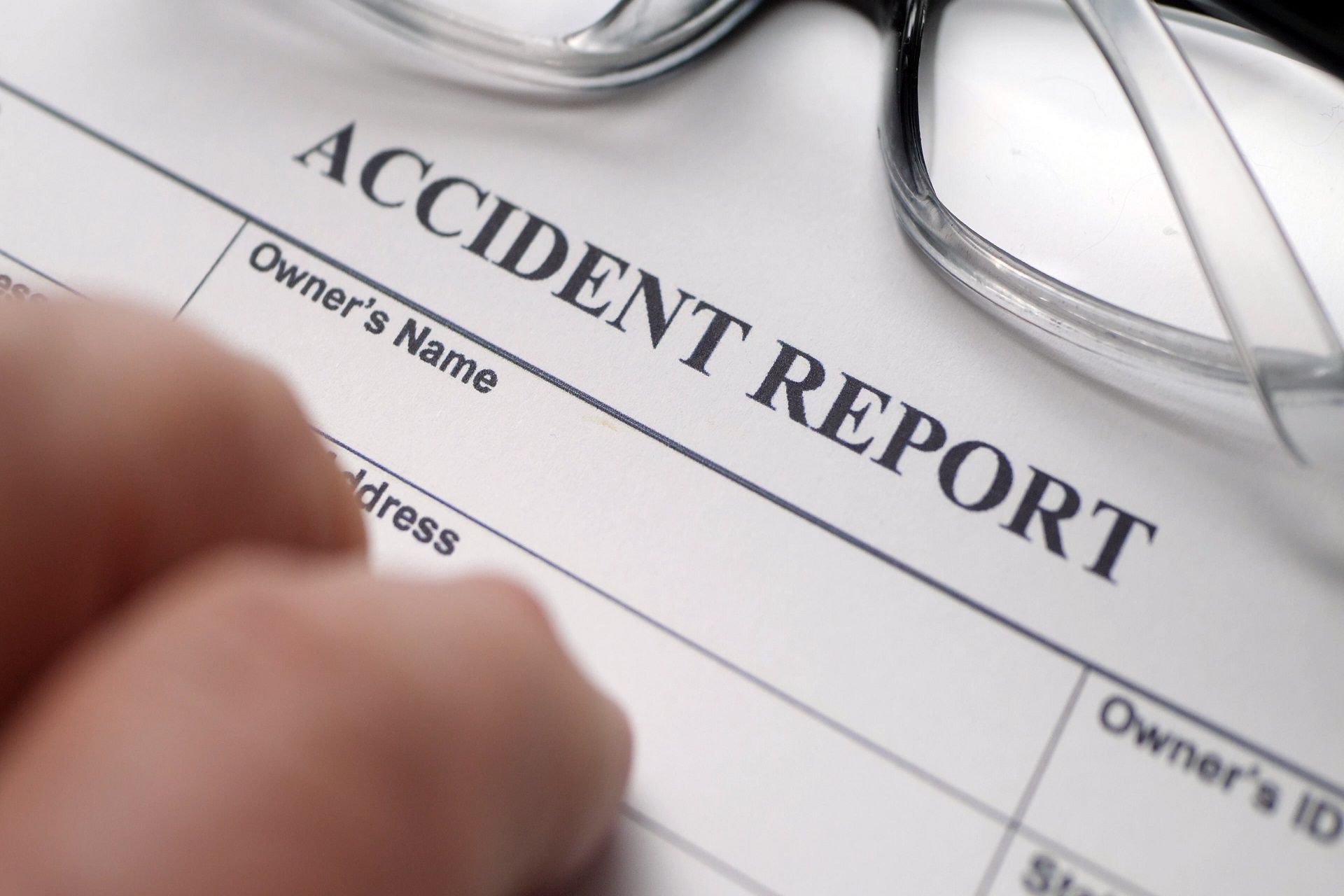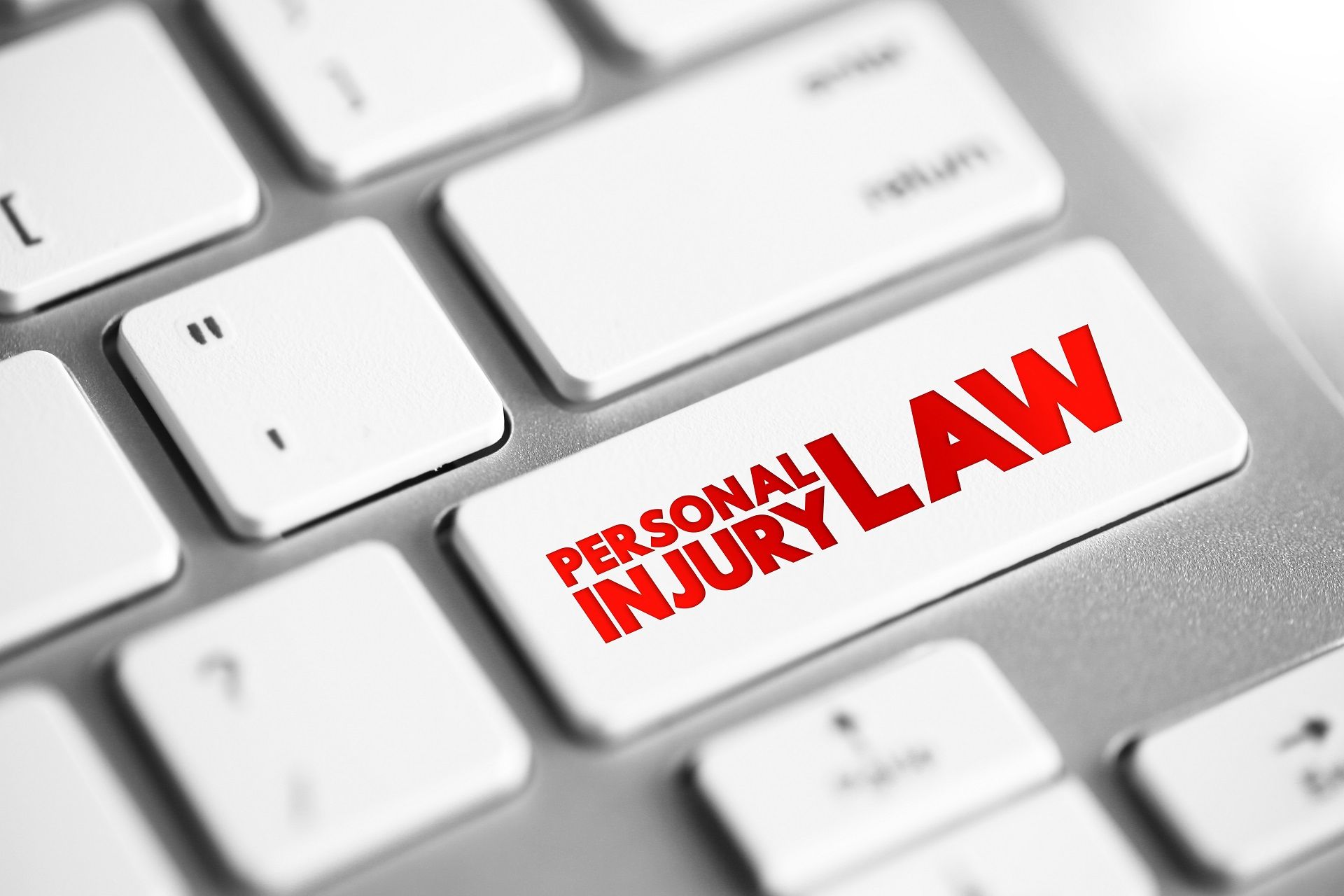How Economic Damages Work in a Personal Injury Case

When an individual is dealing with personal injury cases, one term frequently arises: economic damages. At its core, economic damages refer to the quantifiable monetary losses an injured party suffers due to someone else's negligence. These can encompass lost wages, medical expenses, and other tangible financial impacts.
These damages are incredibly important since they provide a concrete measure of the financial setbacks an individual experiences following an accident or injury. They serve as a tangible metric in courts, allowing juries and judges to assess and allocate compensation fairly. Throughout this blog, we'll explore the nuances of economic damages, understanding their essence, how they're presented in court, and the essential role vocational experts play in this domain.
Understanding Economic Damages in Personal Injury Cases
When a person sustains injuries due to the negligence of another party, they may seek compensation for various losses. Economic damages refer to the quantifiable monetary losses that the victim incurs as a direct result of the injury. These can range from medical bills and lost wages to future earning potential and rehabilitation costs.
At the heart of any personal injury case lies the challenge of accurately calculating these damages. Plaintiffs need a thorough presentation of damages to ensure fair compensation. Unlike non-economic damages, which address pain and suffering or emotional distress,
economic damages are tangible and can be calculated with precision.
The evidence of economic damages is often presented in court through receipts, bills, employment records, and other documentation. However, in many cases, especially when future earnings or long-term medical care are at stake, expert testimony from vocational experts or life care planners may be vital. These professionals evaluate the victim's situation, the severity of their injuries, and the potential impact on their earning capacity to provide an accurate estimate of future economic losses.
Ultimately, understanding and properly quantifying economic damages is essential for ensuring that victims receive the compensation they deserve and that justice is served.
Evidence Required for Economic Damages
In personal injury cases, the presentation of damages is paramount to ensuring just compensation for the victim. Yet, asserting economic damages isn't just about presenting a number—it demands rigorous evidence to substantiate the claim. Below are key types of compelling evidence crucial to building a robust economic damages case:
- Direct Financial Documents: This includes medical bills, therapy costs, and medication receipts, which offer a clear snapshot of the immediate economic losses faced by the victim.
- Lost Wages Evidence: More than just a current pay stub is needed. Comprehensive proof like employment records, previous tax returns, and letters from employers can underscore the implications of lost work opportunities.
- Future Medical Costs: For cases involving permanent disabilities or long-term needs, evidence like detailed medical assessments, care plans, and expert opinions on projected treatments are essential.
- Expert Testimonies: Economists can provide insights into inflation rates, market trends, and other economic factors influencing future losses.
Compelling evidence is the foundation of a valid economic damages claim. Presenting tangible, concrete proof legitimizes the victim's plea and ensures they receive comprehensive compensation that covers both immediate and future financial burdens.
Economic Damage Presentations: Art & Science
Economic damage presentations play a pivotal role in litigation, especially in personal injury cases. Essentially, these presentations serve to visually and factually communicate the financial toll of an incident on a victim. Harnessing a combination of art and science, they offer a structured breakdown of losses, from medical bills and lost wages to potential future earnings and rehabilitation costs.
The "art" lies in the ability to present these figures in a manner that's both compelling and comprehensible to a jury. Graphics, charts, and other visual aids are often employed to simplify complex financial data. Meanwhile, the "science" involves meticulous calculations, data gathering, and sometimes, the consultation of expert witnesses. These professionals, often economists or vocational experts, bring depth, precision, and credibility to the presentation.
The Role of Expert Witnesses in Presenting Economic Damages
Expert witnesses play a crucial role in personal injury cases, especially when determining and presenting economic damages. These experts possess specialized knowledge in fields like economics, vocational rehabilitation, and life care planning. Their insights provide the court with a comprehensive understanding of the victim's financial losses, both current and projected.
When presenting evidence of economic damages, it's not merely about showcasing current bills and receipts. The long-term implications of an injury can drastically affect an individual's ability to work, their potential for promotions, and overall career trajectory. For instance, a young professional who sustains a debilitating injury might not only lose current wages but also decades of future income and benefits. An economic damage expert can assess such scenarios and provide accurate estimations.
Furthermore, in cases involving severe injuries that necessitate ongoing medical care or lifestyle adjustments, life care planners step in. They map out the victim's future needs—from medical treatments and therapies to assistive devices and home modifications. This projection ensures that the compensation sought covers the lifelong impact of the injury.
What it really comes down to is that expert witnesses offer an objective, informed perspective, bridging the gap between the victim's lived experience and the quantifiable economic repercussions of their injuries. Their testimonies often carry significant weight in court, underlining the importance of their involvement in personal injury litigation.
Wrapping Up
Economic damages, pivotal in personal injury cases, underscore the tangible financial repercussions victims face. From the initial identification of these damages to their intricate presentation in court, every step is essential for justice to prevail.
Equipped with compelling evidence and backed by expert insights, litigators can ensure that injured parties receive the compensation they rightly deserve. Understanding the nuances of economic damage presentations, as well as the evidence, is key to making a strong case and upholding the integrity of the judicial system.
RECENT POSTS
CONTACT US
We will get back to you as soon as possible.
Please try again later.
Evaluation Request
Contact Us
We will get back to you as soon as possible.
Please try again later.
Contact
Contact Us
We will get back to you as soon as possible.
Please try again later.
All Rights Reserved.
This website is managed by Oamii.







